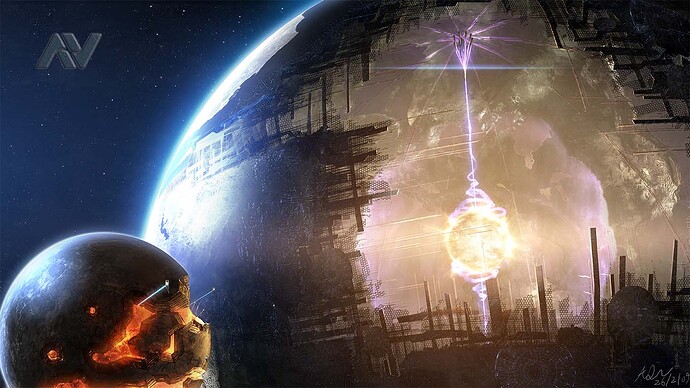Since squealer answered your first question, here are answers to your others:
If you want impossible, then go for 128 bits of entropy in a randomly generated password (see Squealer’s comments), which is as “strong” as the encryption algorithm that is most commonly used for symmetric encryption (AES-128) in the first place.
Yes, it is possible with Diceware! Please see:
A 10-word randomly calculated Diceware passphrase is considered the “golden standard” for sensitive information in some communities, because its entropy is roughly 128 bits, and its fairly easy to remember. 128 bit classical brute force searches are essentially impossible with classical computers.
If you want something that’s physically impossible to brute-force, (as in not enough energy in the universe to do it) you can memorize a 20-word Diceware passphrase (>256 bits), but 10 is more than enough. Dr. Schneier wrote a gem about the in-feasibility of breaking such large keys in his book Applied Cryptography:
One of the consequences of the second law of thermodynamics is that a certain amount of energy is necessary to represent information. To record a single bit by changing the state of a system requires an amount of energy no less than kT, where T is the absolute temperature of the system and k is the Boltzman constant. (Stick with me; the physics lesson is almost over.)
Given that k = 1.38×10-16 erg/°Kelvin, and that the ambient temperature of the universe is 3.2°Kelvin, an ideal computer running at 3.2°K would consume 4.4×10-16 ergs every time it set or cleared a bit. To run a computer any colder than the cosmic background radiation would require extra energy to run a heat pump.
Now, the annual energy output of our sun is about 1.21×1041 ergs. This is enough to power about 2.7×1056 single bit changes on our ideal computer; enough state changes to put a 187-bit counter through all its values. If we built a Dyson sphere around the sun and captured all its energy for 32 years, without any loss, we could power a computer to count up to 2192. Of course, it wouldn’t have the energy left over to perform any useful calculations with this counter.
(This is what it would take to successfully perform a brute-force search on a 10-word diceware passphrase (>128 bits of entropy)
But that’s just one star, and a measly one at that. A typical supernova releases something like 1051 ergs. (About a hundred times as much energy would be released in the form of neutrinos, but let them go for now.) If all of this energy could be channeled into a single orgy of computation, a 219-bit counter could be cycled through all of its states.
These numbers have nothing to do with the technology of the devices; they are the maximums that thermodynamics will allow. And they strongly imply that brute-force attacks against 256-bit keys will be infeasible until computers are built from something other than matter and occupy something other than space.
To answer your question, if you want a passphrase that is mathematically and physically outside of human reach to be able to brute-force, you can memorize a 10-word diceware passphrase. If for some reason you’re concerned about alien perfectly-efficient supernova-powered quantum computers, you could memorize a 20-word passphrase. But really, after 10 words it would just be superfluous.
